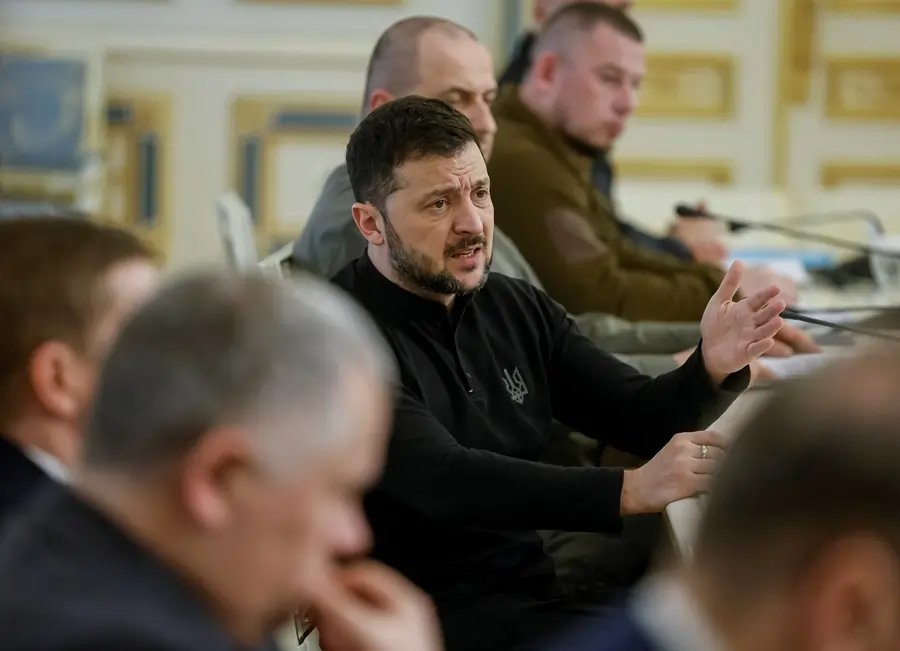German defence minister arrives in Ukraine to send message of support
Published by Global Banking & Finance Review®
Posted on January 14, 2025
2 min readLast updated: January 27, 2026

Published by Global Banking & Finance Review®
Posted on January 14, 2025
2 min readLast updated: January 27, 2026

German Defence Minister Boris Pistorius visits Ukraine to affirm support amid political changes and NATO discussions on military spending.
BERLIN (Reuters) - German Defence Minister Boris Pistorius arrived in Kyiv on Tuesday on a visit intended to send a clear signal of Europe's support ahead of the inauguration of President-elect Donald Trump, who has pushed for swift talks to end the Ukraine war.
"The first and most important thing is to make it very clear psychologically and politically that we will continue to stand by Ukraine," said Pistorius upon arriving in Kyiv.
He will meet the Ukrainian government to discuss further aid and will assess the military situation.
Pistorius' visit, which is also intended to signal Berlin's backing for Kyiv heading into next month's German elections, comes less than a week before Trump is set to be sworn in for a second term as U.S. president on Jan. 20.
Trump says he will quickly solve the war in Ukraine and has criticised the scale of U.S. support for Kyiv.
Pistorius, a member of Chancellor Olaf Scholz's Social Democrats, said that Ukraine especially required support as Russian President Vladimir Putin "is of course trying to make up as much ground as possible before Jan. 20 in the possible expectation of ceasefire negotiations."
Germany is among Ukraine's top military backers in its war against Russia.
There is debate in Germany over Berlin's support for Ukraine ahead of a snap German election on Feb. 23, particularly as the incoming Trump presidency is putting pressure on Europe to boost its own defences.
A NATO summit in The Hague at the end of June will discuss hiking the defence alliance's existing military spending target of 2% of national GDP, with 3% being floated by some experts as one potential new target. Trump recently urged a 5% goal.
Pistorius also plans to continue talks started during his visit to Poland the day before, where he met his counterparts from Germany, Poland, Britain, France and Italy.
He said he would discuss the question of industrial cooperation for arms productions in Ukraine, including how to support Kyiv in boosting capacity and conclude joint ventures.
(Reporting by Rachel More, Miranda Murray and Alexander Ratz in Berlin, editing by Thomas Seythal, Kirsti Knolle, William Maclean)
The main topic is the visit of German Defence Minister Boris Pistorius to Ukraine to show support amid political changes.
The visit is significant as it signals Europe's continued support for Ukraine and coincides with political changes in the US.
Key discussions include military aid, industrial cooperation, and NATO's military spending targets.
Explore more articles in the Finance category
